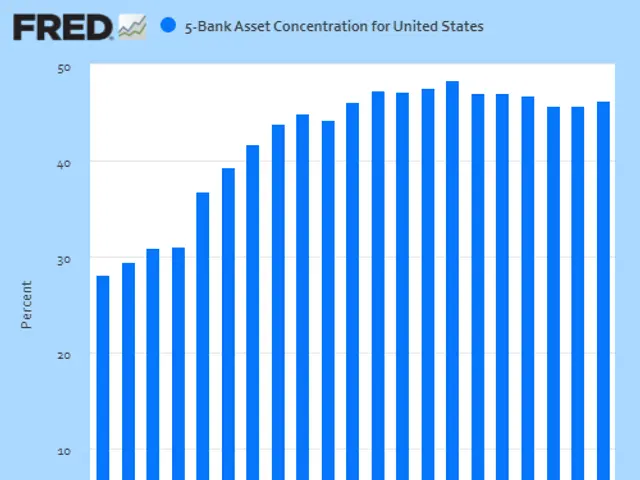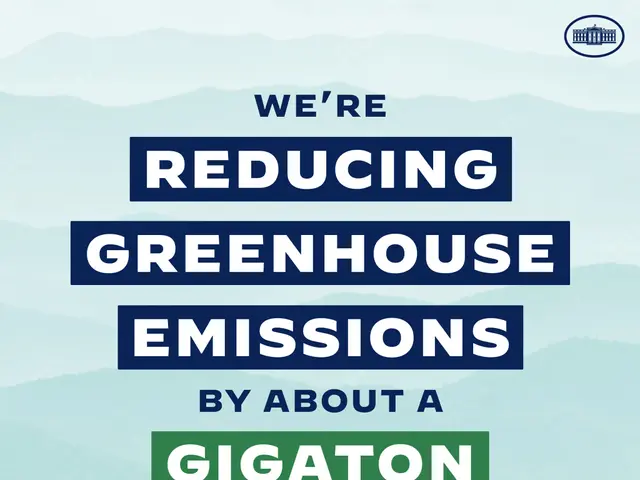New Rules Simplify EV Tax Landscape for Users and Businesses
New regulations are being introduced to clarify the tax landscape for electric vehicle (EV) users and businesses involved in bidirectional charging. These changes aim to simplify procedures and prevent EV users from inadvertently becoming suppliers and incurring tax liabilities.
Key among these changes is the extension of the tax exemption for electricity charges under § 9b StromStG for over 600,000 companies in manufacturing, agriculture, and forestry sectors. This exemption, previously set to expire, is now made permanent.
To reduce bureaucratic burden, notification and reporting obligations are being streamlined, particularly in tenant electricity constellations. Additionally, energy storage systems are being redefined in a technology-neutral manner to avoid multiple taxation of in- and outgoing electricity.
The 'installation interlocking' in decentralized electricity generation is being abolished. A uniform installation concept is being introduced for tax exemptions, simplifying the process for businesses.
The 'end-user fiction' is being transferred to electricity tax law for charging points. This eliminates the need for case-by-case reviews of complex business models, providing clarity for companies operating charging infrastructure.
These changes aim to create a clearer, more simplified tax environment for businesses and EV users involved in bidirectional charging. By extending exemptions, reducing bureaucracy, and clarifying tax laws, these regulations seek to foster a more predictable and supportive environment for the growing EV sector.
Read also:
- Mecklenburg-Vorpommern's Controversial Spending: Calendars, Fish Ladders, and Parking Garages
- Berlin's Friedrichstraße and Checkpoint Charlie Redesigns Delayed by Budget Cuts
- Koblenz Explores Sewage Sludge Incineration Amidst 'Black Book' Revelations of Costly Investments
- Covid-19 Strains German Hospitals: Severe Nurse Shortage Threatens Care








